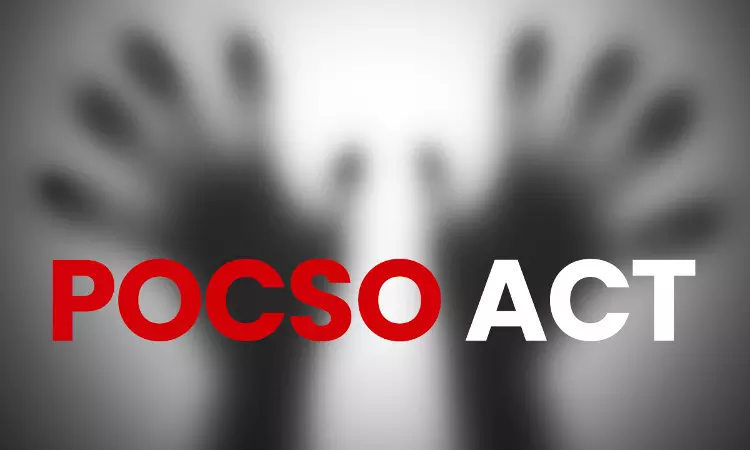With 1,747 pending cases under the Protection of Children from Sexual Offences (POSCO) Act, Meghalaya is currently confronting a serious obstacle. The alarmingly large number of outstanding cases draws attention to major problems with the legal and judicial systems and emphasizes the urgent need for thorough changes and preventative actions.
Overview of POSCO Act and Its Importance
The Protection of Children from Sexual Offences (POSCO) Act was enacted in 2012 to provide a robust legal framework for protecting children from sexual abuse and exploitation. Key features of the POSCO Act include:
- Strict Legal Provisions: The Act establishes stringent penalties for sexual offences against children, aiming to deter perpetrators and provide justice for victims.
- Special Courts: It mandates the creation of special courts to handle POSCO cases, ensuring expedited trials and minimizing the trauma for child victims.
- Child-Friendly Procedures: The Act incorporates child-friendly procedures and protections to safeguard the rights and well-being of young survivors during legal proceedings.
Current Situation in Meghalaya
Meghalaya’s current backlog of 1,747 POSCO cases underscores several pressing issues within the state’s legal system:
- Delayed Justice: The large number of pending cases reflects significant delays in the judicial process, leading to prolonged suffering for victims and their families.
- Overburdened Legal System: The existing judicial infrastructure is struggling to manage the volume of POSCO cases, contributing to inefficiencies and delays in case resolution.
- Resource Constraints: Limited resources, including a shortage of specialized personnel and inadequate infrastructure, exacerbate the challenges faced in handling POSCO cases effectively.
Implications of Pending POSCO Cases
The backlog of POSCO cases has far-reaching implications for both the victims and the broader legal system:
- Victim Trauma: Prolonged legal proceedings can compound the trauma experienced by child victims, affecting their emotional and psychological well-being.
- Impunity for Offenders: Delays in justice may result in offenders evading accountability, undermining the deterrent effect of the POSCO Act and risking further offences.
- Public Trust: The backlog undermines public trust in the legal system’s ability to deliver justice and protect vulnerable children, impacting community confidence and support for legal reforms.
Addressing the Backlog: Proposed Solutions
To tackle the issue of pending POSCO cases in Meghalaya, several measures are proposed:
- Strengthening Judicial Infrastructure: Investing in the creation of additional special courts and enhancing existing facilities can help manage the volume of POSCO cases more effectively. This includes providing specialized training for judges and legal personnel.
- Increasing Resources: Allocating additional resources, such as funding for legal aid, victim support services, and case management systems, is crucial for addressing the backlog and improving the efficiency of the legal process.
- Expediting Case Processing: Implementing measures to expedite case processing, such as prioritizing POSCO cases and streamlining legal procedures, can help reduce delays and ensure timely justice for victims.
- Enhancing Coordination: Improved coordination between law enforcement agencies, legal authorities, and child protection organizations is essential for effective case management and support for victims.
- Public Awareness and Advocacy: Raising public awareness about child protection issues and advocating for legal reforms can foster community support and drive efforts to address the backlog of POSCO cases.
Government and NGO Initiatives
The Meghalaya government and various NGOs are actively working to address the issue of pending POSCO cases:
- Government Actions: The state government is exploring measures to enhance the judicial infrastructure and streamline the handling of POSCO cases. This includes initiatives to increase the number of special courts and improve case management systems.
- NGO Support: NGOs play a vital role in supporting victims of sexual abuse, providing legal assistance, counseling, and advocacy. Their efforts complement government initiatives and contribute to addressing the backlog.
The backlog of 1,747 pending POSCO cases in Meghalaya highlights a critical issue within the state’s legal system, impacting the timely delivery of justice for child victims. Addressing this backlog requires a multifaceted approach, including strengthening judicial infrastructure, increasing resources, and implementing measures to expedite case processing.

